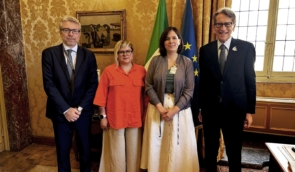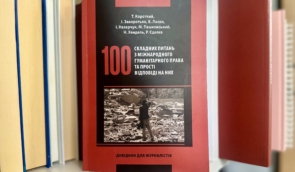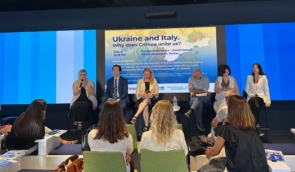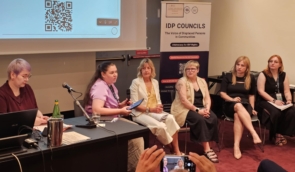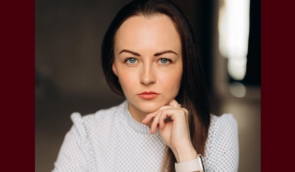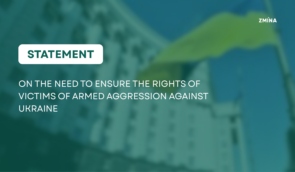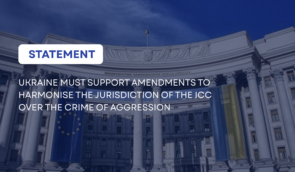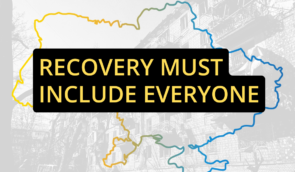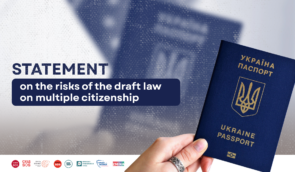Torture and persecution of Ukrainians by Russia should be investigated as crimes against humanity – human rights defenders
The Media Initiative for Human Rights (MIHR), the Human Rights Centre ZMINA and the World Organization Against Torture (OMCT) presented a large-scale study of Russian crimes in the occupied territories of Ukraine at the Warsaw Human Dimension Conference, with special input from Physicians for Human Rights (PHR). The report focuses on the torture and persecution of Ukrainians on political and ideological grounds. During the discussion, the presenters also spoke about the medico-legal documentation of torture, to which, the representative from PHR shared her experiences.
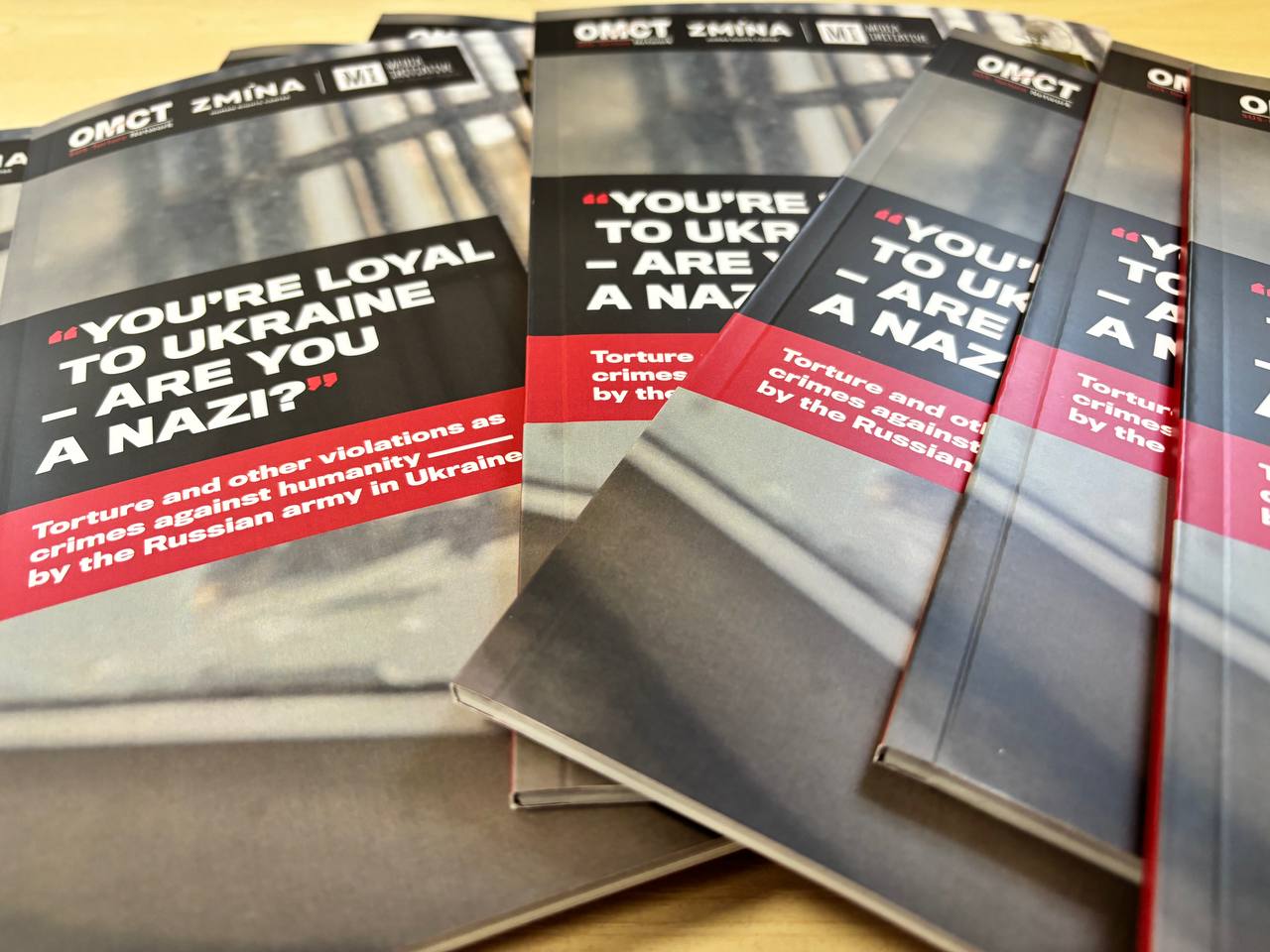
The report is based on 63 in-depth interviews with civilians who have suffered or witnessed torture and other forms of ill-treatment by the Russian military. These interviews were recorded by MIHR and ZMINA; in particular, during 24 field missions in the liberated territory of Kyiv, Chernihiv, Zaporizhzhia, Donetsk, Kharkiv and Kherson regions.
“The Russian military and special services have deployed an unprecedented system to identify and segregate anyone suspected of opposing the Russian invasion, regardless of whether they did it openly or covertly. The victims suffered enforced disappearances, arbitrary detentions, extrajudicial killings, torture, sexual violence, deportations and other gross violations of international human rights law and international humanitarian law,” said Yelizaveta Sokurenko, Head of the War Crimes Documentation Division at the Human Rights Centre ZMINA.
The authors of the report note that in the documented cases, the victims were subjected to severe torture during interrogations. They also suffered or witnessed constant physical and psychological violence by Russian servicemen. According to the report, there was a clear division of roles between the criminals, and the interrogations themselves in different regions and places of detention took place according to identical scenarios and using similar methods.
“The testimonies of victims and witnesses indicate that units of the Ministry of Internal Affairs of Russia, the Ministry of Defense of the Russian Federation, military units of the so-called “DPR” and “LPR”, the National Guard and the Federal Security Service of the Russian Federation are involved in torture and the commission of related crimes against local residents,” said Sokurenko.
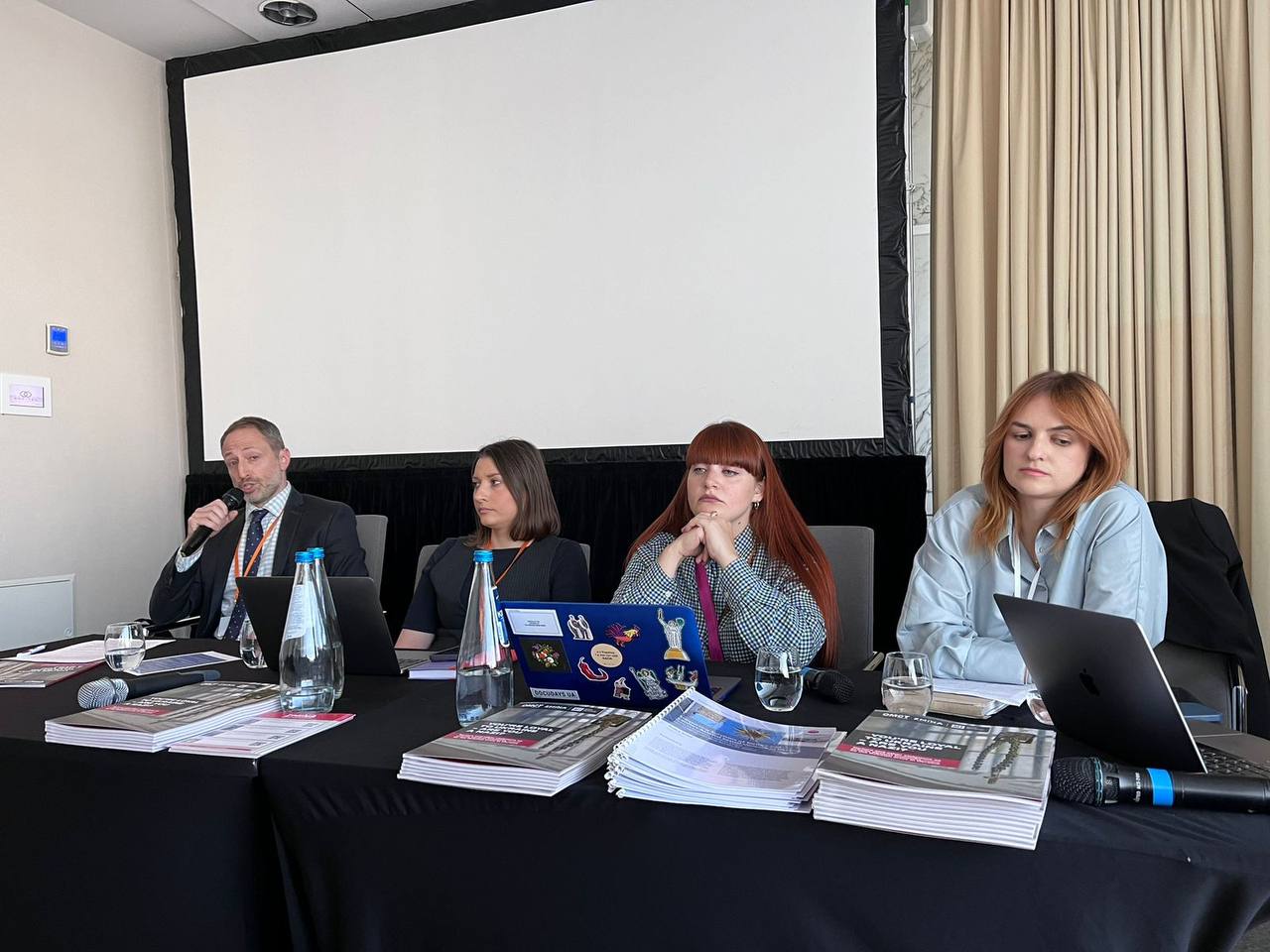
The report also states that all documented cases of torture were aimed at intimidating civilians and discriminating against them on political grounds. It was also revealed that during the interrogations, the criminals stated that their motive for torturing was to punish civilians for real or imagined cooperation with the Ukrainian army or for their civic stance in support of Ukraine. All this, according to the authors of the report, confirms that the primary goal of the Russian military was the desire to force Ukrainians to submit.
The OMCT has developed three roadmaps to investigate torture and persecution as crimes against humanity. Among the key elements of these crimes to focus on, the OMCT singles out the investigation of filtering measures, the analysis of the chain of command in places of detention, the possible involvement in these crimes of officials at the highest state level or their tolerance, the analysis of crime patterns by time periods and geography.
“The same filtering measures are applied in all occupied territories. The only difference is the northern regions of Ukraine, which were quickly deoccupied, due to which the Russian forces simply did not have time to deploy such a well-organized filtering system there, in particular, listening to mobile phones, monitoring the activity of residents in social networks, access to databases of local authorities, etc. On the other hand, in the southern and eastern regions, which have been under occupation for a long time, the filtering measures are almost identical,” said Maryia Kvitsinskaya, Human Rights Officer for World Organization Against Torture – Europe and Central Asia Programs.
She also emphasizes the same goals of population checks in different occupied regions of Ukraine, which indicates the systematic nature of the crime. Thus, the Russian military is looking for markers of people’s disloyalty to Russia and their pro-Ukrainian position: likes and subscriptions to pro-Ukrainian Telegram channels and groups in social networks, photos with Ukrainian or Western European symbols, relatives or friends in the Armed Forces, Ukrainian patriotic tattoos, etc. In addition, the methods of torture are the same across all surveyed locations.
“Incredible similarities in the schemes of torture, ill-treatment and related crimes, committed at different times and in different places by different units of the Ministry of Internal Affairs, the Federal Security Service, the Ministry of Defense of the Russian Federation, the FSB and others, indicate that these crimes are well coordinated at least on management levels of these structures,” concluded Kvitsinskaya.
The World Organization Against Torture emphasizes that within the framework of international criminal law, the investigation of the crime of persecution requires proving the political component of this crime, reproducing the chain of command, as well as confirming the discriminatory intent to attack a certain group for political and ideological reasons.
Bringing the perpetrators to justice for torture is impossible without careful, and most importantly, correct documentation of the crimes. This requires reliable evidence. In war-related torture cases, such evidence is often medical records. The issue is that in Ukraine, only forensic medical experts can issue such conclusions, and there is a critical shortage of them.
“Ukraine has a limited number of certified forensic medical experts, due to which documentation is delayed even in cases of sexual violence, where the timeliness and accuracy of the examination are extremely important. In addition, there is no single medico-legal form in Ukraine that would ensure the proper quality of documentation of torture and sexual violence related to the conflict. That is, doctors do not have a clear protocol for documenting such cases,” emphasized Uliana Poltavets, Emergency Response Coordinator at Physicians for Human Rights.
According to Poltavets, medical examinations of the victims by family doctors or gynaecologists could help solve this issue. Moreover, their conclusions can be included in a criminal case or the conclusion of a forensic medical expert. However, the quality of such documentation is often low, and their significance in court has much lower weight than expert opinions.
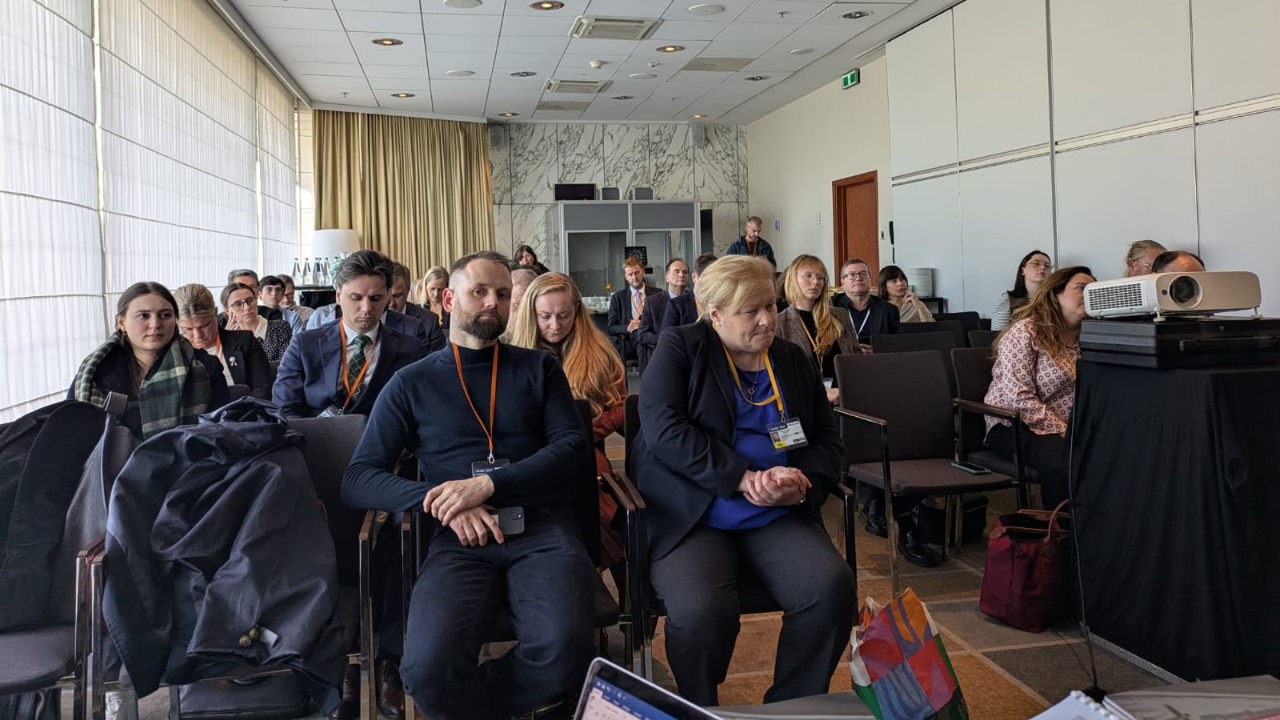
“Doctors and medical personnel who are in direct contact with the victims do not have adequate training. Many of them do not have the knowledge to effectively document cases of violence, and this leads to inaccuracies in the collected information and re-traumatization of the victims. In addition, many medical professionals do not know how to properly interact with law enforcement agencies to ensure a full and proper investigation,” said Poltavets.
According to her, Ukraine should expand the circle of specialists involved in documenting torture and other types of violence. After appropriate training, they can be general practitioners and even forensic nurses. Under such conditions, the time to record cases of torture and sexual violence will be reduced several times, which is critically important for these types of crimes.
This article was published with the support of the European Endowment for Democracy (EED). Its content does not necessarily reflect the official position of EED. The information or views expressed in this material are the sole responsibility of its authors.
Author of the material: Editor-in-Chief, Head of the Information Department of the MIHR Stanislav Miroshnychenko.
If you have found a spelling error, please, notify us by selecting that text and pressing Ctrl+Enter.

